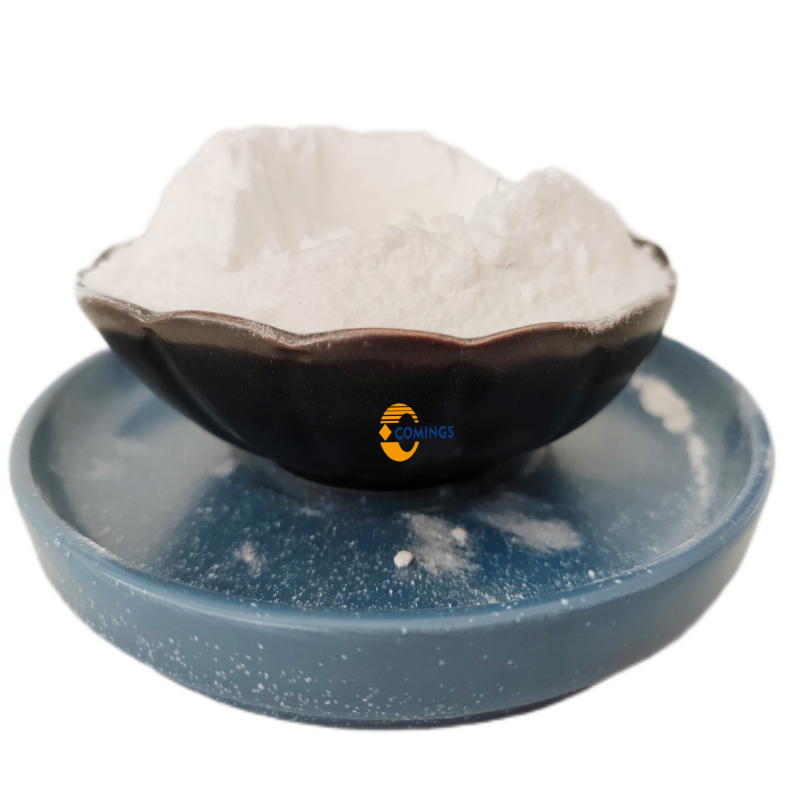Problems with Genetically Modified Foods
-
Last Update: 2021-02-18
-
Source: Internet
-
Author: User
Search more information of high quality chemicals, good prices and reliable suppliers, visit
www.echemi.com
During the last few years we have seen a public debate, involving every social statement, concerning food products and ingredients (
1
). The appearance in the market of the first food products, or organisms, which have been improved by recombinant
DNA
technologies (rDNA), has been received by society in a negative manner. We are referring specifically to
genetically modified
(GM) food products. Several definitions can explain the concept of GM products or, in a general way, the imprecise word
transgenic
, a concept that comes from the seventies, even when the terms were not the same. Since then, scientists are capable of constructing recombinant DNA molecules and precisely moving them to another organism or to the original one, by direct genetic manipulation. People understand “transgenic” as food products or their ingredients, resulting from this kind of modification. In other words, “either add a gene (or a set of them) from a donor genome to a recipient one-” and you will obtain it (
2
).
This article is an English version of an article which is originally in the Chinese language on echemi.com and is provided for information purposes only.
This website makes no representation or warranty of any kind, either expressed or implied, as to the accuracy, completeness ownership or reliability of
the article or any translations thereof. If you have any concerns or complaints relating to the article, please send an email, providing a detailed
description of the concern or complaint, to
service@echemi.com. A staff member will contact you within 5 working days. Once verified, infringing content
will be removed immediately.






